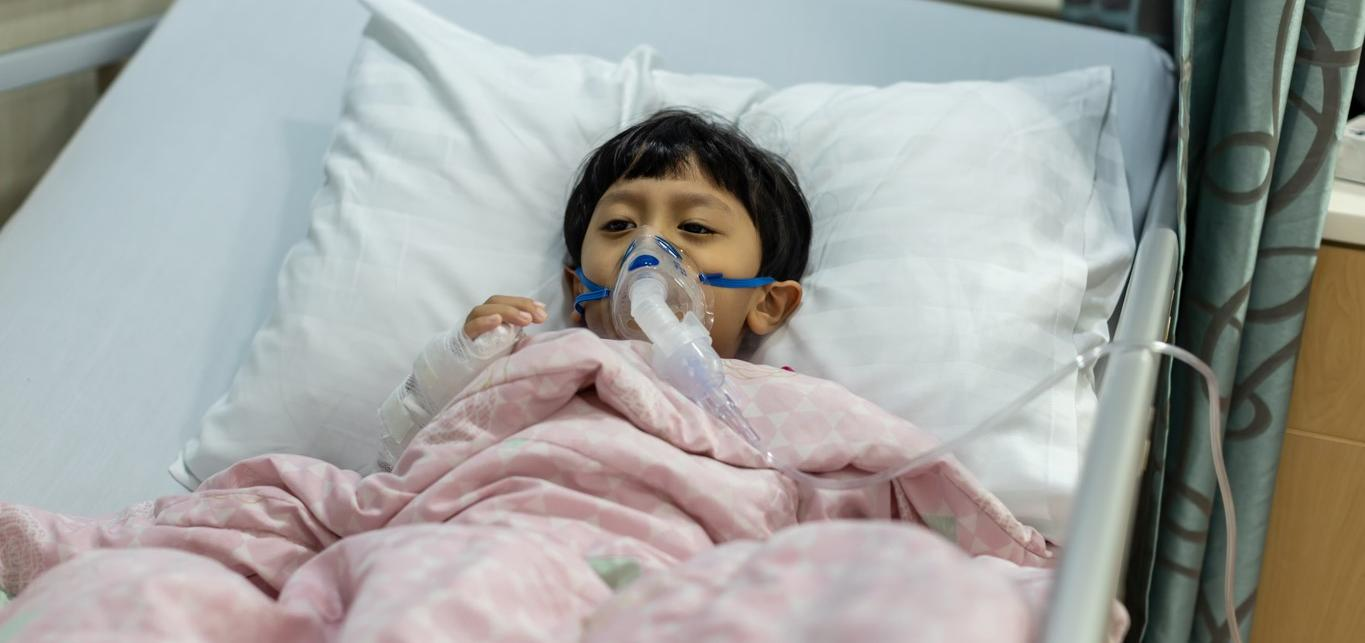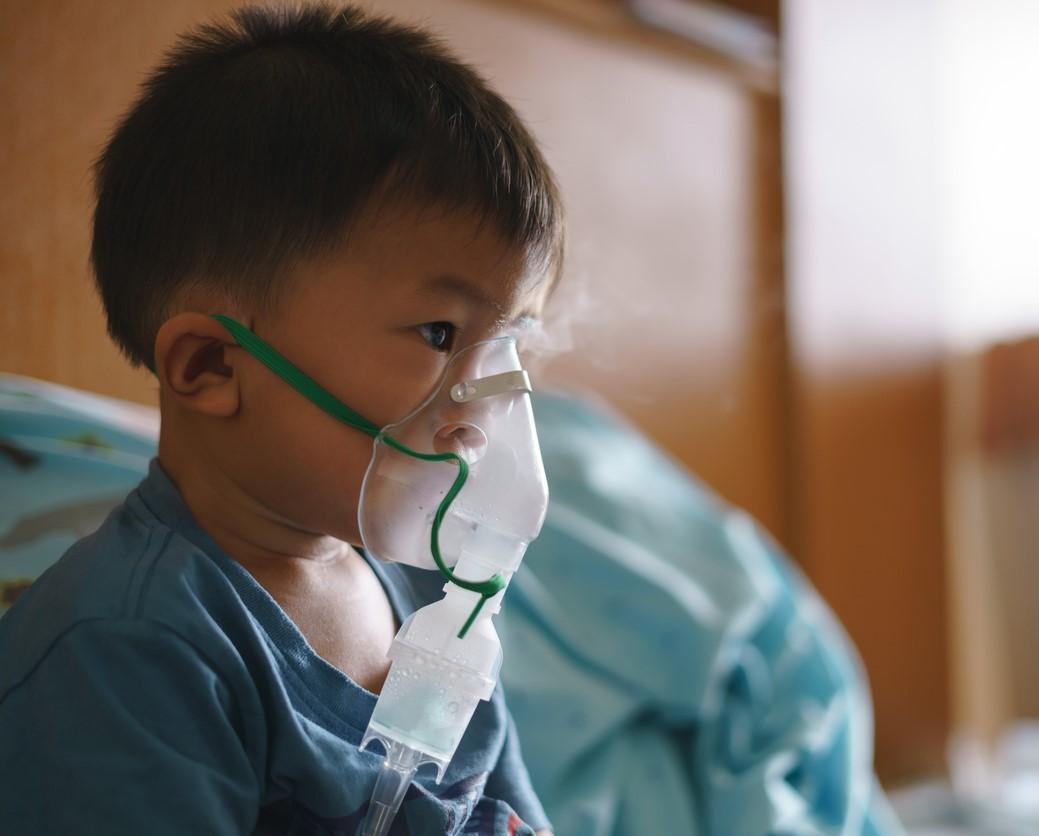
Younger age, absence of vomiting, decreased breath sounds, and normal capillary refilling may indicate clinical stability and discharge readiness in children hospitalized with community-acquired pneumonia (CAP), suggests a study published in Pediatrics.
A team led by a Medical College of Wisconsin researcher collected time-to-clinical stability (TCS) data (temperature, heart rate [HR], respiratory rate [RR], and oxygenation) in 571 patients ages 3 months to 18 years hospitalized for CAP from July 2013 to December 2017.
CAP is one of the top five indications for hospitalization and antibiotic use in children, but while TCS data are well-defined for adults with CAP, only one study has assessed their use in children, the authors noted.
"Objective definitions of medical stability are necessary to optimize the care of children with CAP," they wrote. "Clear, objective definitions of medical stability guide when a patient is safe to be discharged from the hospital, when they can be switched from intravenous (IV) to oral antibiotics, length of the overall antibiotic course, and risk of adverse outcomes after discharge, including mortality or readmission."
Infants most likely to quickly reach stability
Of 571 children, 32.7% had at least one abnormal parameter at hospital release, 7% had two abnormal readings, and none had three or more. All four parameters were stable in 93% of infants at release, compared with 49% of patients aged 12 to 18 years.
TCS may decrease length of stay if implemented to guide discharge decisions.
RR was the least likely factor to reach stability at hospital release (65%), followed by HR (84%), temperature (95%), and oxygenation (97%).
The median TCS for each parameter was less than 24 hours, with younger age, absence of vomiting, diffusely decreased breath sounds, and normal capillary refilling tied to early hospital release. In total, 8.1% of patients revisited the emergency department; patients who didn't reach clinical stability weren't more likely to return.
"A TCS outcome consisting of physiologic variables may be useful for objectively assessing disease recovery and clinical readiness for discharge among children hospitalized with CAP," the researchers concluded. "TCS may decrease length of stay if implemented to guide discharge decisions."














